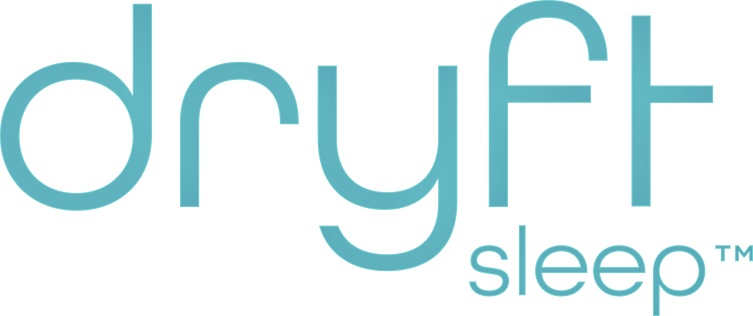Mouth Breather vs. Nose Breather

Breathing is a fundamental aspect of our lives that often goes unnoticed, but its impact on our health and well-being is profound. While most of us do it unconsciously, there are two primary methods of breathing: nasal breathing and mouth breathing. Although both methods supply our bodies with oxygen, they differ significantly in their effects on our health. In this article, we'll explore the key differences between nose breathers and mouth breathers, the potential benefits of nasal breathing, ongoing research in airway health, and how mouth breathing can negatively affect sleep.
Nasal Breathing vs. Mouth Breathing: The Distinctions
Nasal breathing and mouth breathing are two distinct approaches to oxygen intake. Nasal breathing involves inhaling and exhaling through the nose, which is the body's natural and preferred way of breathing. On the other hand, mouth breathing involves inhaling and exhaling through the mouth. While both methods supply oxygen to the body, nasal breathing offers unique advantages over mouth breathing.
Potential Benefits of Nasal Breathing
Improved Air Filtration: The nose acts as a natural air filter, trapping harmful particles, allergens, and pollutants before they enter the respiratory system. This helps reduce the risk of respiratory infections and improves overall lung health.
Optimal Oxygen Absorption: Nasal breathing facilitates a slower and more controlled intake of air, allowing the lungs to extract oxygen more efficiently. This can lead to improved oxygenation of tissues and organs, enhancing physical performance and mental clarity, up to 20% according to The Breathing and Sleep Center.
Enhanced Nitric Oxide Production: Inhalation through the nose produces nitric oxide, a gas that plays a crucial role in widening blood vessels, promoting better circulation, and regulating blood pressure. Nasal breathing ensures higher levels of nitric oxide reach the lungs and bloodstream.
Reduced Dental and Orthodontic Issues: Nasal breathing helps maintain proper tongue posture, which is essential for the development of the jaw and dental arches. Mouth breathing, especially in children, may lead to dental problems and misalignment of the teeth.
Airway Health Research: Understanding the Link
In recent years, there has been an increasing interest in the field of airway health, particularly focusing on the impact of breathing on overall well-being. Researchers are investigating the connections between various breathing patterns and their effects on sleep quality, cognitive function, cardiovascular health, and more. Studies have shown that chronic mouth breathing can lead to adverse health effects, including sleep disorders, fatigue, and compromised immune function. Understanding these connections can pave the way for more targeted interventions to improve respiratory health.
Mouth Breathing and Sleep Disturbances
Mouth breathing can significantly affect sleep quality and overall health. Breathing through the mouth while asleep can lead to a range of sleep disturbances, including snoring and sleep apnea. Sleep apnea, in particular, is a serious condition where breathing is repeatedly interrupted during sleep, leading to fragmented sleep patterns and increased risks of cardiovascular issues and daytime fatigue.
The Role of Mouth Tape in Airway Health
For individuals who habitually breathe through their mouths while sleeping, mouth taping has emerged as a potential solution. Mouth tape is a specialized adhesive tape that gently seals the lips, encouraging nasal breathing during sleep. This simple yet effective technique can help train mouth breathers to switch to nasal breathing at night, promoting better airflow, reducing snoring, and improving sleep quality. However, it's essential to use specially designed mouth tape that allows for easy mouth opening if needed, ensuring safety and comfort during sleep.
The way we breathe can have a significant impact on our overall health and well-being. Nasal breathing offers numerous benefits, including improved air filtration, optimal oxygen absorption, enhanced nitric oxide production, and better dental health. Airway health research is shedding light on the connections between breathing patterns and various health outcomes. For those experiencing sleep disturbances due to mouth breathing, mouth tape presents a potential remedy to encourage nasal breathing during sleep, leading to better rest and improved respiratory health. So let's take a moment to be mindful of how we breathe and unlock the power of nasal breathing for a healthier and more vibrant life.











